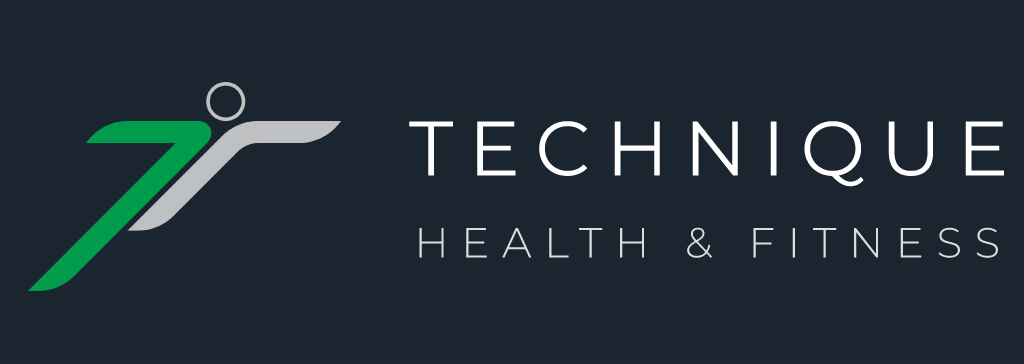Rotator Cuff Injury and Recovery
Shoulder pain is one of the most common reasons people seek physiotherapy. Whether it’s from lifting, sport, or even sleeping awkwardly, pain around the shoulder often links back to the rotator cuff, a group of small but vital muscles and tendons that stabilise and move the shoulder joint.
When these tissues become strained, inflamed, or torn, everyday tasks can suddenly feel challenging. Reaching overhead, lifting objects, or even combing your hair might trigger sharp pain, weakness, or stiffness.
The good news: with the right physiotherapy approach, rotator cuff injuries are treatable, and most people can return to full strength and activity.
What Is the Rotator Cuff, and Why Does It Matter?
The rotator cuff consists of four muscles and their tendons, the supraspinatus, infraspinatus, teres minor, and subscapularis. Together, they help lift and rotate your arm and keep the ball of the upper arm bone (humerus) firmly within the shallow socket of the shoulder blade (scapula).
Injuries to these tissues can happen suddenly, such as from a fall or lifting something heavy, or develop gradually through overuse or age-related wear and tear.
How Physiotherapy Helps
Effective recovery starts with understanding why your shoulder is irritated in the first place. not just treating the pain.
At Technique, we begin with a detailed assessment to identify the root cause of your symptoms:
Is it a strength imbalance between the front and back of the shoulder?
Limited shoulder blade control or thoracic spine stiffness?
Or compensations in how you move during training?
From there, we design a progressive plan that restores mobility, improves coordination, and rebuilds lasting strength through the shoulder complex.
Our physiotherapists combine hands-on treatment (such as joint mobilisation, soft tissue therapy, and dry needling) with targeted exercise to reduce pain, improve range of motion, and restore proper joint mechanics.
Healing time also depends on factors like age, tissue health, and how early treatment begins. The key is to stay consistent and avoid rushing through pain, your shoulder needs time to regain both strength and coordination.
Measuring Progress the Right Way
Recovery isn’t just about time, it’s about measurable improvement.
At Technique, we use Benchmark Performance Testing to take the guesswork out of your rehab.
Benchmarking measures mobility, stability, and strength, giving us a clear picture of where you are now and what needs attention. It helps us track progress objectively and make data-driven adjustments to your plan, ensuring each phase of recovery builds toward confident, pain-free movement.
Rebuilding Confidence in Movement
A big part of shoulder recovery isn’t just physical, it’s about rebuilding confidence in movement. After an injury, people often avoid lifting or reaching overhead out of fear of reinjury. Our goal is to restore both function and confidence through education and gradual reloading.
Physiotherapy doesn’t just heal the injury, it helps your shoulder move the way it was designed to.
Ready to Start Your Recovery?
You don’t have to live with ongoing shoulder pain or keep avoiding the activities you enjoy.
Our physiotherapists can help you identify what’s driving your symptoms and guide you through each stage of recovery.
Check out our recent post for a few physio-approved rotator cuff rehab exercises to get started, and book your session at our Liverpool Street or Vauxhall clinic today!
Book your physiotherapy session at our Liverpool Street clinic inside 24N Fitness or our Vauxhall clinic inside Embody Wellness and begin building your strength from the ground up.


